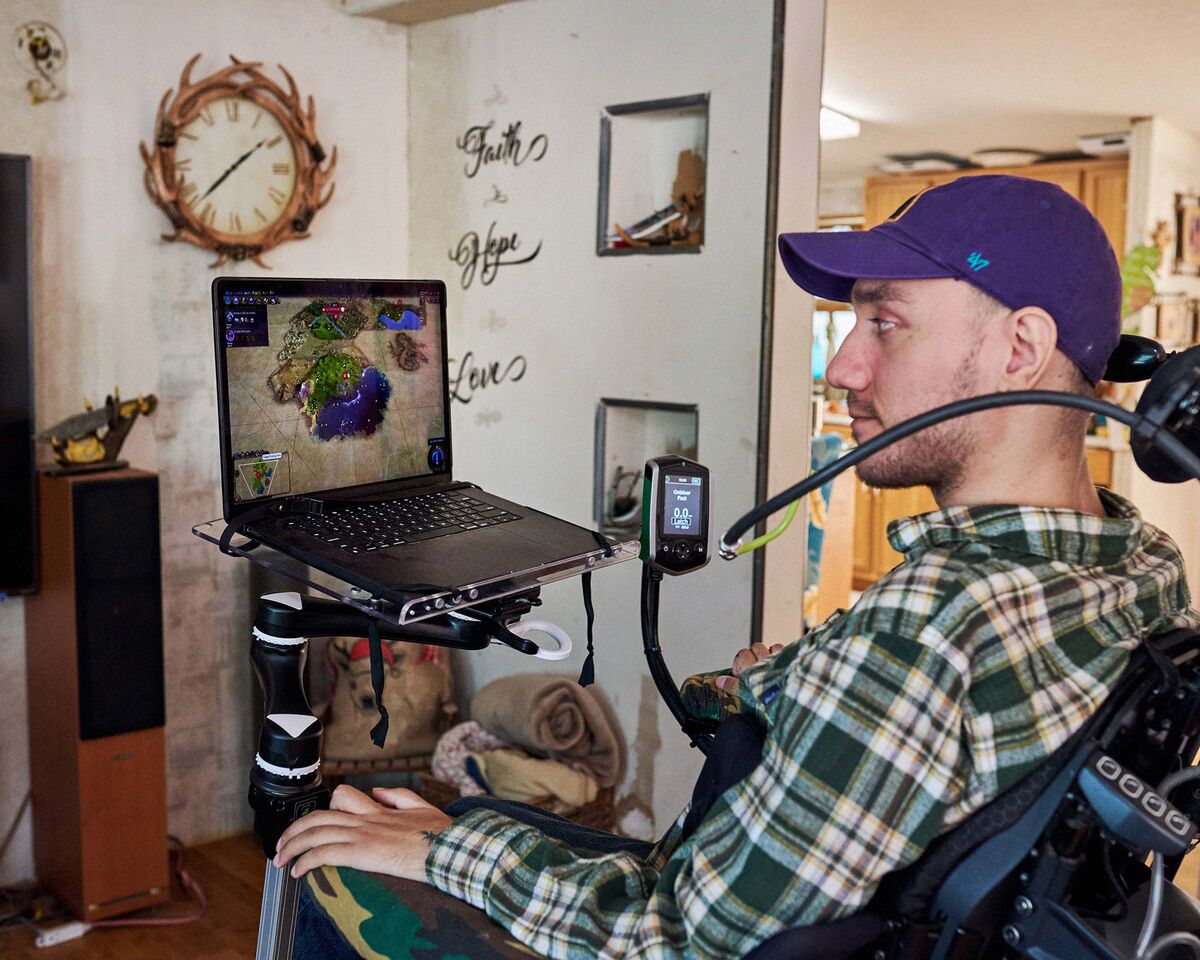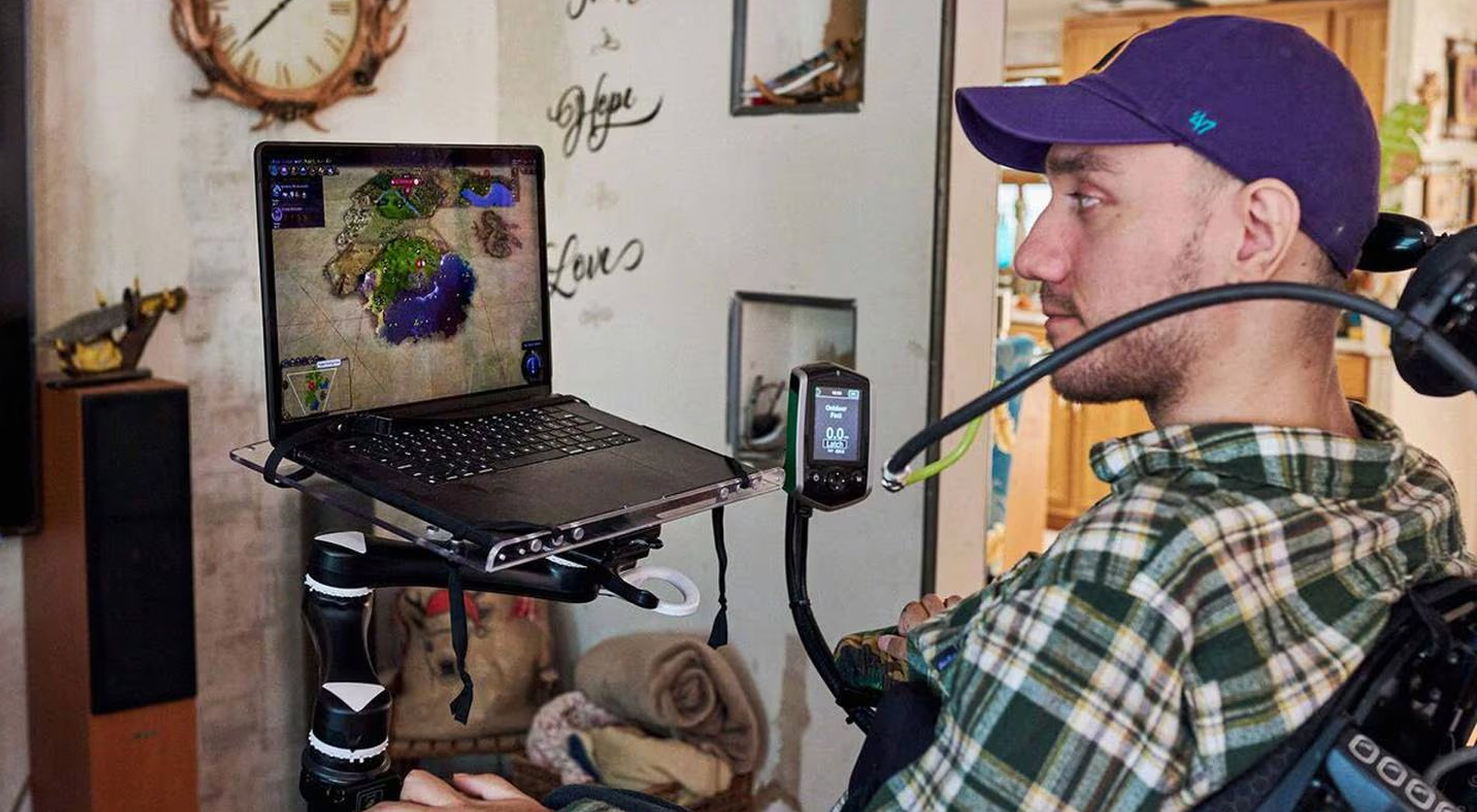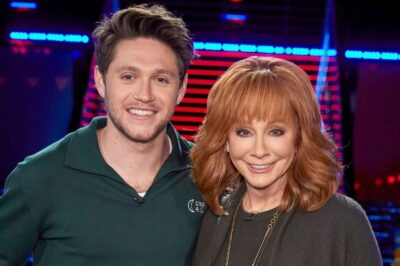It was a moment that defied everything the world thought it knew about the limits of the human body. Noland Arbaugh, a 29-year-old man whose life was irrevocably changed by a tragic diving accident, found himself at the center of a medical and technological revolution—one that could alter the course of history. Paralyzed from the shoulders down, Arbaugh had spent years trapped within the confines of his own body, unable to move, unable to reclaim the independence that had once defined him. But then, in a single decision, in a single procedure, everything changed.
He became the first human to receive Neuralink’s revolutionary brain implant—a microscopic chip, barely visible to the naked eye, yet capable of unlocking the vast potential of the mind. A creation of Elon Musk’s relentless pursuit of the extraordinary, this technology was designed to bridge the gap between thought and action, between the brain and the digital world. And now, for the first time, it was being tested not in a laboratory, not on a theoretical level, but in the life of a man who had lost everything—except hope.

The results were nothing short of miraculous. Within days of receiving the implant, Arbaugh could do what had once been impossible. With nothing but his thoughts, he moved a computer cursor across the screen. He scrolled through the internet. He played video games—not with his hands, but with his mind. The invisible barrier that had confined him was beginning to dissolve.
It wasn’t magic. It was science. The implant worked by detecting neural signals—those electric whispers of intention that fire through the brain every time a person thinks about moving, acting, or speaking. Before his accident, those signals had seamlessly traveled down his spinal cord, reaching his arms, his hands, his fingers. But after the injury, they had nowhere to go. The messages were still there, trapped in his mind, unheard by the body that could no longer respond. Neuralink had given them a voice.
With a mere thought, he could open a text message. With a flicker of intention, he could adjust smart devices in his home. What had once been grueling tasks, dependent on others, were now his to control. Freedom, the kind that had been stolen from him in an instant, was slowly being returned—not through physical healing, but through something even more astonishing.
Arbaugh’s journey was not just personal. It was the first, unshakable proof that the future Musk had envisioned—the fusion of mind and machine—was not only possible, but inevitable. For years, Neuralink had operated on the fringes of plausibility, a concept that seemed closer to science fiction than reality. But with each passing day, as Arbaugh pushed the limits of what he could do, skepticism began to crack.
The implications were staggering. If one man could control a computer with his mind, what else was possible? Could others like him—people paralyzed by accidents, by illness, by fate—regain their autonomy? Could someone who had lost the ability to speak communicate again? Could the blind see? Could the deaf hear? If the brain was the ultimate command center, and technology could now read its instructions, was there any limit to what humanity could achieve?

Yet, as with every breakthrough, controversy lurked in the shadows. Neuralink’s research had already been met with ethical concerns, with critics warning of the dangers of merging human consciousness with artificial intelligence. The idea of a brain implant—one capable of interfacing directly with machines—was thrilling, but also terrifying. Would it remain a tool of healing, or could it be exploited? Could minds be hacked? Could privacy, the last true sanctuary of human thought, be breached?
For Arbaugh, these questions were distant echoes. What mattered was the present, the reality he was now living. For the first time in years, he could interact with the world in a way he had thought lost forever. He could control his own digital existence. He could reclaim a piece of himself.
Musk, never one to shy away from bold predictions, declared that this was only the beginning. Neuralink, he claimed, could eventually enable people with severe disabilities to walk again. It could, in time, enhance human cognition, allowing thoughts to be uploaded and shared, memories to be preserved like files on a hard drive. The human brain, long considered a mystery too vast to fully comprehend, was now a frontier waiting to be explored.
But for all the grand visions of the future, for all the speculation about what Neuralink could become, the true significance of this moment was simpler. It was about one man. One mind. One life, irrevocably changed.

Arbaugh had been told that his condition was permanent, that his independence was gone. He had accepted a future bound by the limits of his injury. And yet, here he was, defying expectations, proving that the boundaries imposed by the body could, in fact, be rewritten.
And in that, there was something more powerful than technology, more groundbreaking than scientific progress. There was hope.
News
“I Still Miss Him”: Dolly Parton Breaks Down Mid Song as Reba McEntire Joins Her for Heart Shattering Tribute to Late Husband Carl Dean.
“I Still Miss Him”: Dolly Parton Breaks Down Mid Song as Reba McEntire Joins Her for Heart Shattering Tribute to…
This guitar carried my soul on its strings when no one knew my name…
In the electric silence that follows a singer’s last note, when the world holds its breath in anticipation of what’s…
The Voice reveals 4 returning coaches for season 28 including Niall Horan and Reba McEntire
The duo will be joined by fellow show alums Michael Bublé and Snoop Dogg. Nial Horan and Reba McEntire on…
Reba McEntire: “Drag Queens Don’t Belong Around Our Kids”
Reba McEntire Sparks Controversy with Statement on Drag Queens and Children. Country music legend Reba McEntire has found herself at…
Reba, Miranda Lambert, & Lainey Wilson Debut Powerful New Song, “Trailblazer,” At The ACM Awards
“Trailblazer” Is A New Song That Celebrates The Influential Women Of Country Music’s Past And Present Reba McEntire, Miranda Lambert, and Lainey…
Jennifer Aniston made a surprise appearance with a dazed expression and an unresolved…
Jennifer Aniston is no stranger to the public eye. For decades, she’s been one of the most beloved faces in…
End of content
No more pages to load












